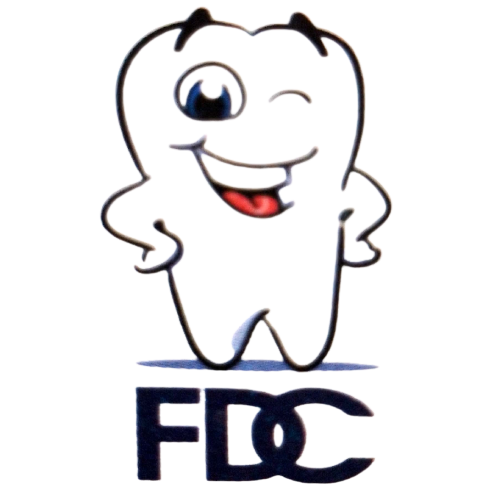What Is Periodontal Disease Or Gum Disease?
What Is Periodontal Disease Or Gum Disease?
Periodontal Disease Also Called Gum Disease.
Periodontal (perry–o–DON–tal) disease or Gum Disease is an infection that affects the tissues and bone that support your teeth. It is also called gum disease. Periodontal disease can become a very serious problem if it’s not treated early.

What is gum disease?
wHAT CAUSES GUM DISEASE? The condition you may refer to as “gum disease” also is called “periodontal disease.” Periodontal disease is an inflammation of the gums that, if severe, can lead to the loss of the tissues that hold your teeth in place. It is caused by plaque, a sticky film of bacteria that forms constantly on teeth. You can remove plaque by brushing twice a day and cleaning between your teeth daily. If plaque is not removed, it can cause your gums (gingivae) to pull away from your teeth, forming pockets in which more bacteria can collect. Plaque that is not removed also hardens into calculus along and under your gums. The pockets and hard calculus make it difficult to remove plaque without help from a dentist, and periodontal disease can develop.
WHAT WILL HAPPEN IF I DEVELOP PERIODONTAL DISEASE? Symptoms of periodontal disease include dgums that are red and swollen and bleed easily (for example, when you brush or clean between your teeth); dgums that seem to have pulled away from the teeth; dconstant bad breath; dpus between your teeth and gums; dteeth that seem to be loose or moving away from one another; dchange in the way your teeth fit together when you bite; dchange in the way your partial dentures fit. There are various stages to periodontal disease—from gingivitis (early stage) to periodontitis (advanced disease).
Red and swollen gums that bleed easily are a sign of gingivitis. At this early stage, the disease may be reversed with a professional cleaning and more regular daily care at home.
HOW CAN I PREVENT PERIODONTAL DISEASE? To prevent periodontal disease: dbrush your teeth twice a day; dclean between your teeth with floss or another interdental cleaner once every day; dvisit your dentist for a checkup and professional cleaning regularly; dshow your dentist or dental hygienist how you brush and clean between your teeth and ask if you can make any improvements. If you smoke or chew tobacco, stop. Tobacco use increases the risk of developing periodontal disease. outine and professional dental care are more than just taking care of your teeth. They are important steps in taking care of yourself.
What cause Periodontal Desease
In most cases, the development of periodontitis starts with plaque — a sticky film composed mainly of bacteria. If left untreated, here’s how plaque can eventually advance to periodontitis:
- Plaque forms on your teeth when starches and sugars in food interact with bacteria normally found in your mouth. Brushing your teeth twice a day and flossing once a day removes plaque, but plaque re-forms quickly.
- Plaque can harden under your gumline into tartar (calculus) if it stays on your teeth. Tartar is more difficult to remove and it’s filled with bacteria. The longer plaque and tartar remain on your teeth, the more damage they can do. You can’t get rid of tartar by brushing and flossing — you need a professional dental cleaning to remove it.
- Plaque can cause gingivitis, the mildest form of gum disease. Gingivitis is irritation and inflammation of the part of your gum tissue around the base of your teeth (gingiva). Gingivitis can be reversed with professional treatment and good home oral care.
- Ongoing gum inflammation can cause periodontitis, eventually causing pockets to develop between your gums and teeth that fill with plaque, tartar and bacteria. In time, these pockets become deeper, filling with more bacteria. If not treated, these deep infections cause a loss of tissue and bone, and ultimately you may lose one or more teeth. Also, ongoing chronic inflammation can put a strain on your immune system.
PERIODONTAL TREATMENTS AND PROCEDURES
Periodontists are dentistry’s experts in treating periodontal disease. They receive up to three additional years of specialized training in periodontal disease treatment in both non-surgical treatments and periodontal plastic surgery procedures. Periodontists are also experts in replacing missing teeth with dental implants.
